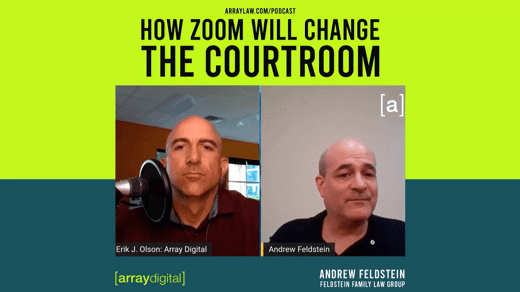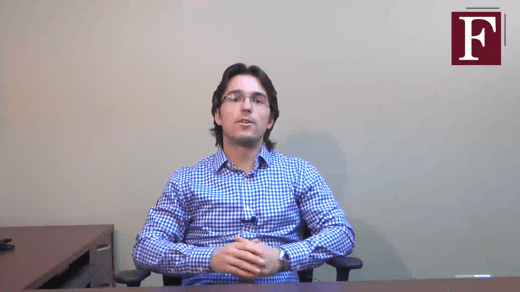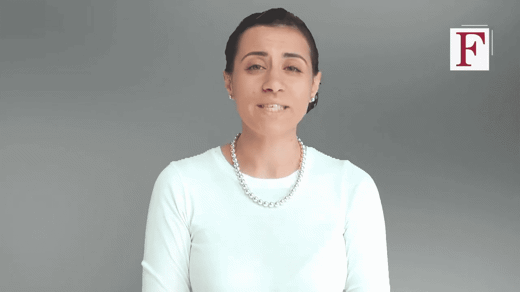Hello, I am Jeffrey Hart with the Feldstein Family Law Group.
In the course of my family law practice, I have taken a keen interest in issues relating to children. Whether it is a custody matter, a child protection matter, a dispute over support, or a disagreement over the distribution of property, I always give my clients the same advice: please leave the children out of it.
Here’s the problem.
Your children are exactly that, children. They are not “little adults”. They are not emotionally equipped to deal with any dispute you may be having with your spouse or ex-spouse. When you involve them in your dispute with your spouse or ex-spouse, you force them to take sides, and to ally with one parent or the other. You also cause them stress – even if there appears to be no outward signs of it. You may think that having the child or children side with you will help your case, but nothing could be farther from the truth. It does not matter if your child is on the cusp of becoming an adult, or, frankly, is an adult, as what I am suggesting you do has nothing to do with your child’s age.
Here’s my advice – do not discuss with your children when you are going to court or when a major event is coming up in your matter. Do not discuss with your children what you think will happen at court. Do not discuss with your children what happened at court. Do not discuss with your children that there even is a court! Just leave them out of it, and let them continue to be children.
What about Speaking Disparagingly About your Spouse of Ex-Spouse in the Presence of the Children?
You may not be able to agree with your spouse or ex-spouse on how to settle your matter, and that disagreement may make you dislike your spouse or ex-spouse. Perhaps your spouse or ex-spouse hurt you physically or emotionally during your relationship or at the end of your relationship, and as such you do not like him or her. It is very important that you recognize the dislike, anger or even full-blown hatred you feel towards your spouse or ex-spouse is most likely not shared by your children, and if it is you need to ask yourself if you played any part in that. Your children look at your spouse or ex-spouse and simply see, “Mom”, or “Dad”, and not the “monster” you feel is causing you stress and upset. When you share your view of your spouse or ex-spouse with your children, and when you try to get your children to your “side”, you change your child’s perception of that person, and your child loses some of their innocence in the process.
Your children are not your friends or confidants. Very young children can end up with real, lasting emotional problems if they are treated as your friends or confidants during your separation and divorce. There is nothing to be gained by alienating your children from their mother or father, or their extended family. Do not talk badly about your spouse or ex-spouse in front of the children. Do not talk badly to your spouse or ex-spouse in the presence of the children. Do not talk badly about your spouse or ex-spouse on the phone or in person when you are talking to your family or friends, as your children may be listening, and they absorb everything they hear.
Should you Involve the Children in Adult Conflict at all?
I am a Mixed Martial Arts fan, and I love a good fight, but that does not mean I like my clients to openly fight in front of their children. Many experts agree that fighting with your spouse, physically or verbally, while in the presence of the children, is a form of child abuse. Why? Because you are exposing your children to conflict, and you are teaching them that adults resolve their conflicts by arguing or through violence. Is that a good message to send to your children? I think you’d agree with me that it is not. So don’t fight with your spouse or ex-spouse in front of the children. Do not make your children send messages back and forth between you and your spouse or ex-spouse. Do not let your children know about communications between you and your spouse or ex-spouse or between your lawyers. Your children learn to live and to parent by watching how you live and how you parent. You need to decide what kind of adult and parent you want your children to be.
It seems simple. It seems obvious. It’s not. When people separate, we expect that they will not always put forth their best or classiest behaviour. It is a stressful time, and that is understandable. What is not acceptable, though, is to involve your children in that stress. Please, seek out another form of stress relief.
Thank you for watching today. If you need more information and wish to schedule a consultation, please visit our website or contact our office at 905-581-7222.



